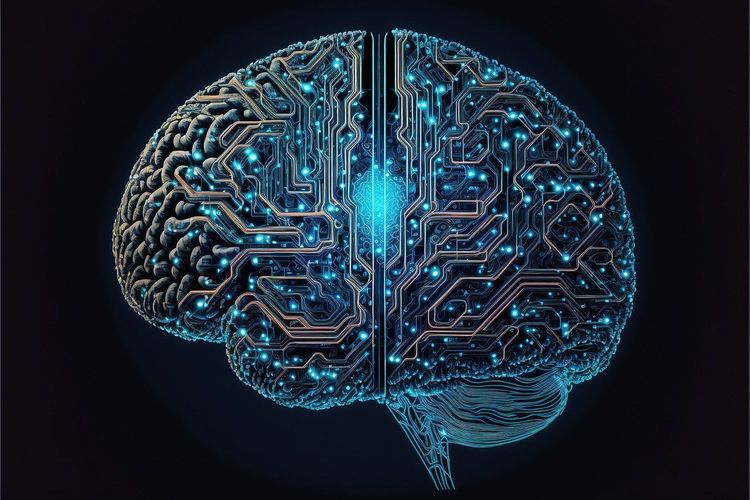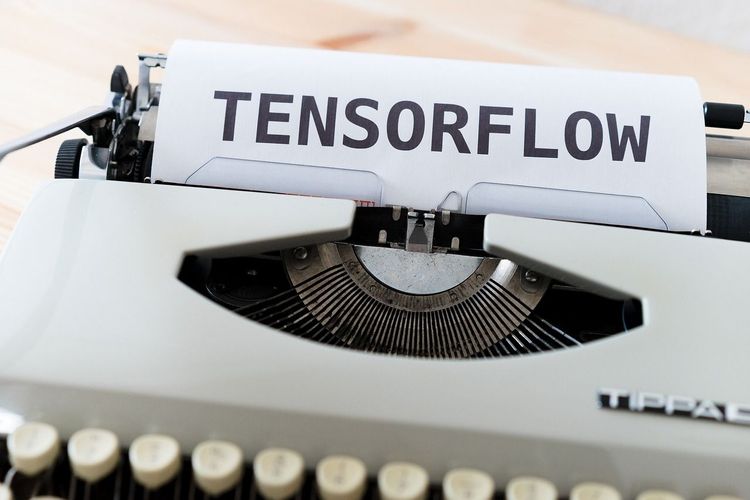A recent surge in AI-generated literature has sparked a heated debate about its potential to dilute the authenticity and value of reading. Concerns are escalating regarding the impact of generative AI, particularly on job security for creative professionals. Many worry that AI-produced content may eventually overshadow the work of human authors, brewing an undercurrent of anxiety about the future of literary quality.
Todd A. Jacobs, a contributor at the Theia Institute—an organization focused on AI ethics—asserts that while the crisis isn't immediate, it is on the horizon. The influx of AI-generated books has become a pressing issue, leading Amazon to introduce new restrictions for Kindle authors. Under these rules, authors are now limited to self-publishing three books per day, as the flood of AI-generated titles complicates the landscape for human authors, making it increasingly difficult for readers to differentiate between genuine works and those created by artificial intelligence.
Author Jane Friedman expressed her frustrations after discovering books falsely attributed to her on platforms like Goodreads. "Whoever is doing this is obviously preying on writers who trust my name and think I have actually written these books," she remarked. "When I complained about this on social media, I was shocked to hear from another author who had reported 29 illegitimate books in just one week!"
For writers, AI carries both potential and peril. Large language models (LLMs) excel at producing text that appears structured and human-like, yet this ability brings notable challenges in terms of copyright and originality. The U.S. Copyright Office does not recognize AI-generated works as copyrightable, raising pressing concerns over ownership and the possibility of plagiarism. Notably, the current generation of LLMs is known to exhibit biases and inaccuracies, underscoring the ongoing need for human oversight in fact-checking and quality assurance.
With fiction writers facing hurdles as well, many current AI models possess limited memory and can only retain a few thousand words of context. These restrictions hinder the creation of longer narratives, making it difficult to develop chapters or novellas cohesively. Most LLMs struggle with maintaining narrative structure over extended texts, often producing writing that lacks the distinctive style and voice of individual authors—a phenomenon known as "regression towards the mean" that can lead to generic prose.
Jacobs highlights the economic ramifications: "Many readers are already reluctant to pay standard prices for eBooks from lesser-known authors compared to those for established writers, who can command prices ranging from $8.99 to $45, depending on genre." A deluge of low-quality eBooks could further squeeze mid-tier authors, who might have to drastically lower their prices to attract readership.
Though quantifying the number of AI-generated books is challenging, the repercussions for literary quality are real. Bob Rogers, CEO of Oii.ai, shares that when low-quality literature proliferates, readers face a greater challenge in discerning valuable reading material from AI-generated drivel. "This means that for the time being, there is a much larger burden on the reader to find good literature," he acknowledged. However, he remains hopeful about developing methods to identify and highlight compelling works.
On a brighter note, some are embracing the shift. BookBud.ai has launched what it describes as the first online hybrid of a bookstore and library, dedicated solely to AI-generated books. Its founder, Bo Bennett, claims this innovative platform provides users with an extensive collection of literature available for online reading without cost, fostering an environment of limitless knowledge and exploration.
Predictions about the creative potential of AI suggest that artificial intelligence could not only produce more content but also generate new storytelling paradigms that human authors might never conceive. Iliya Rybchin, a partner at Elixirr Consulting, points to examples like IBM Watson's creation of imaginative recipes as a testament to this capacity. "AI will create more content, better content, and new types of content," he argues. "While some express concerns about devaluing experience, I believe it will ultimately enrich the literary landscape."







